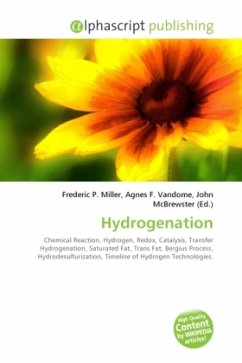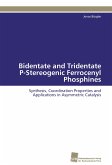Hydrogenation is the chemical reaction that results from the addition of hydrogen H2. The process is usually employed to reduce or saturate organic compounds. The process typically constitutes the addition of pairs of hydrogen atoms to a molecule. Catalysts are required for the reaction to be usable; non-catalytic hydrogenation takes place only at very high temperatures. Hydrogen adds to double and triple bonds in hydrocarbons. Because of the importance of hydrogen, many related reactions have been developed for its use. Most hydrogenations use gaseous hydrogen H2, but some involve the alternative sources of hydrogen, not H2: these processes are called transfer hydrogenations. The reverse reaction, removal of hydrogen from a molecule, is called dehydrogenation. A reaction where bonds are broken while hydrogen is added is called hydrogenolysis, a reaction that may occur to carbon-carbon and carbon-heteroatom O, N, X bonds.







